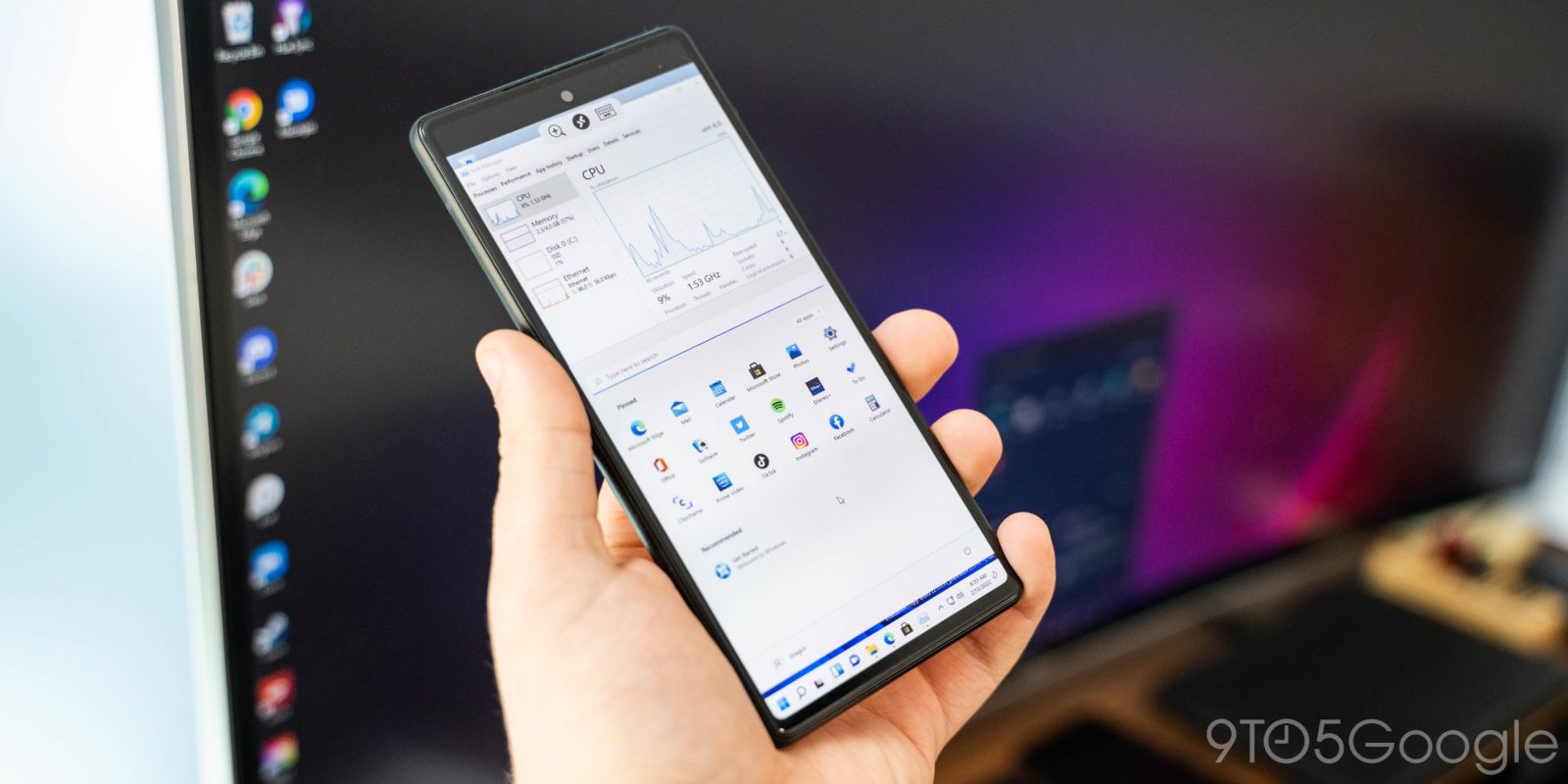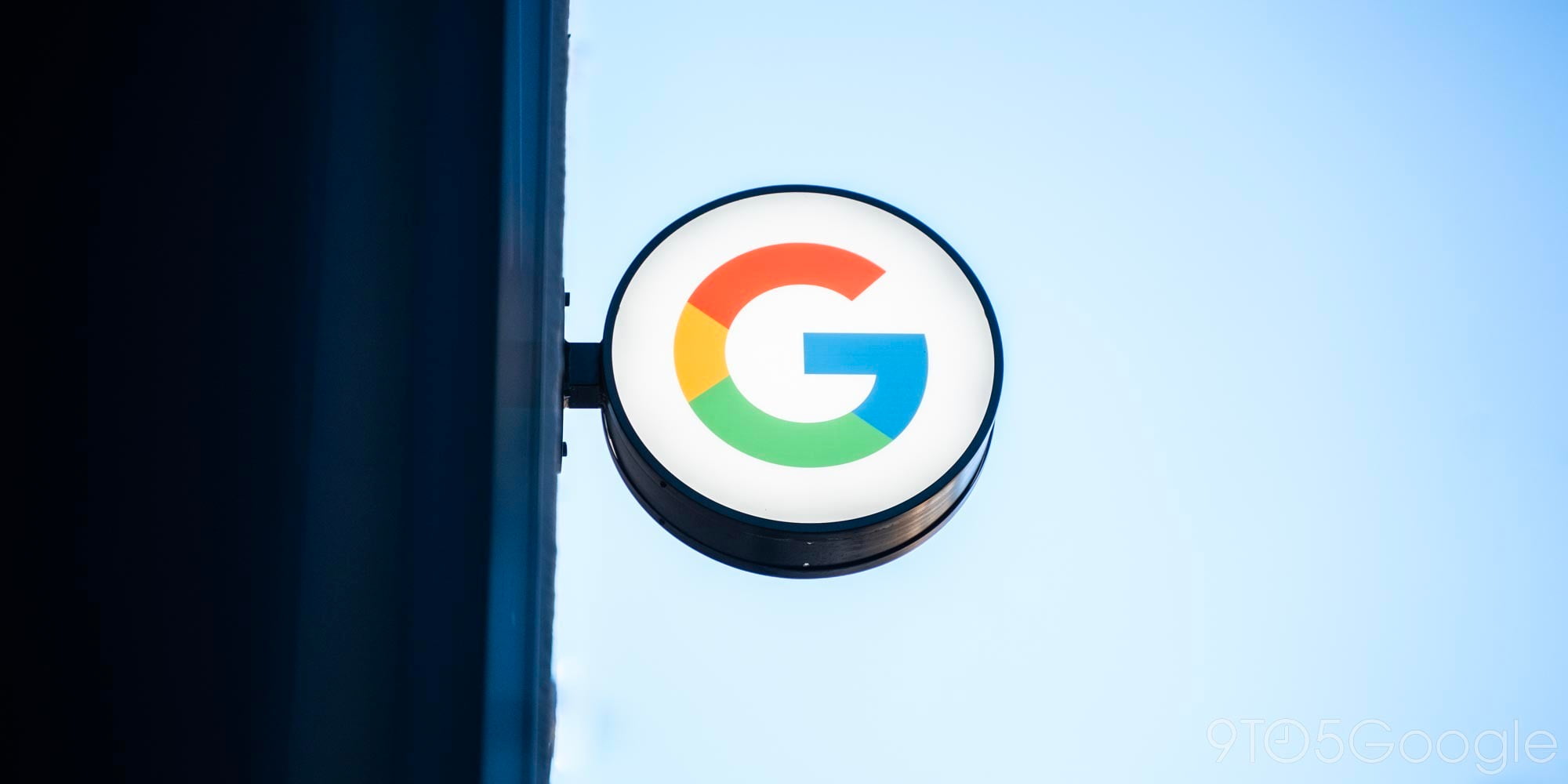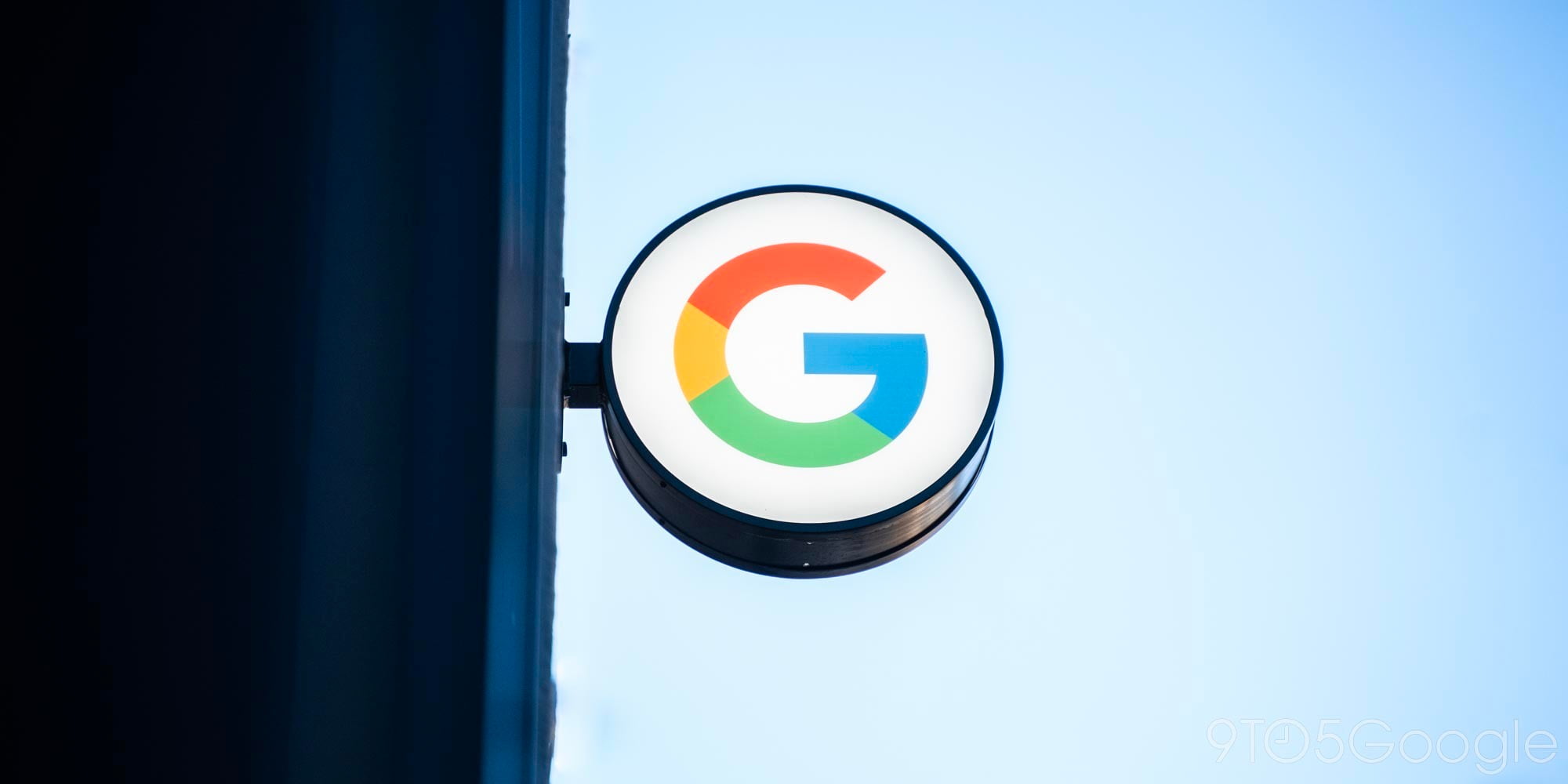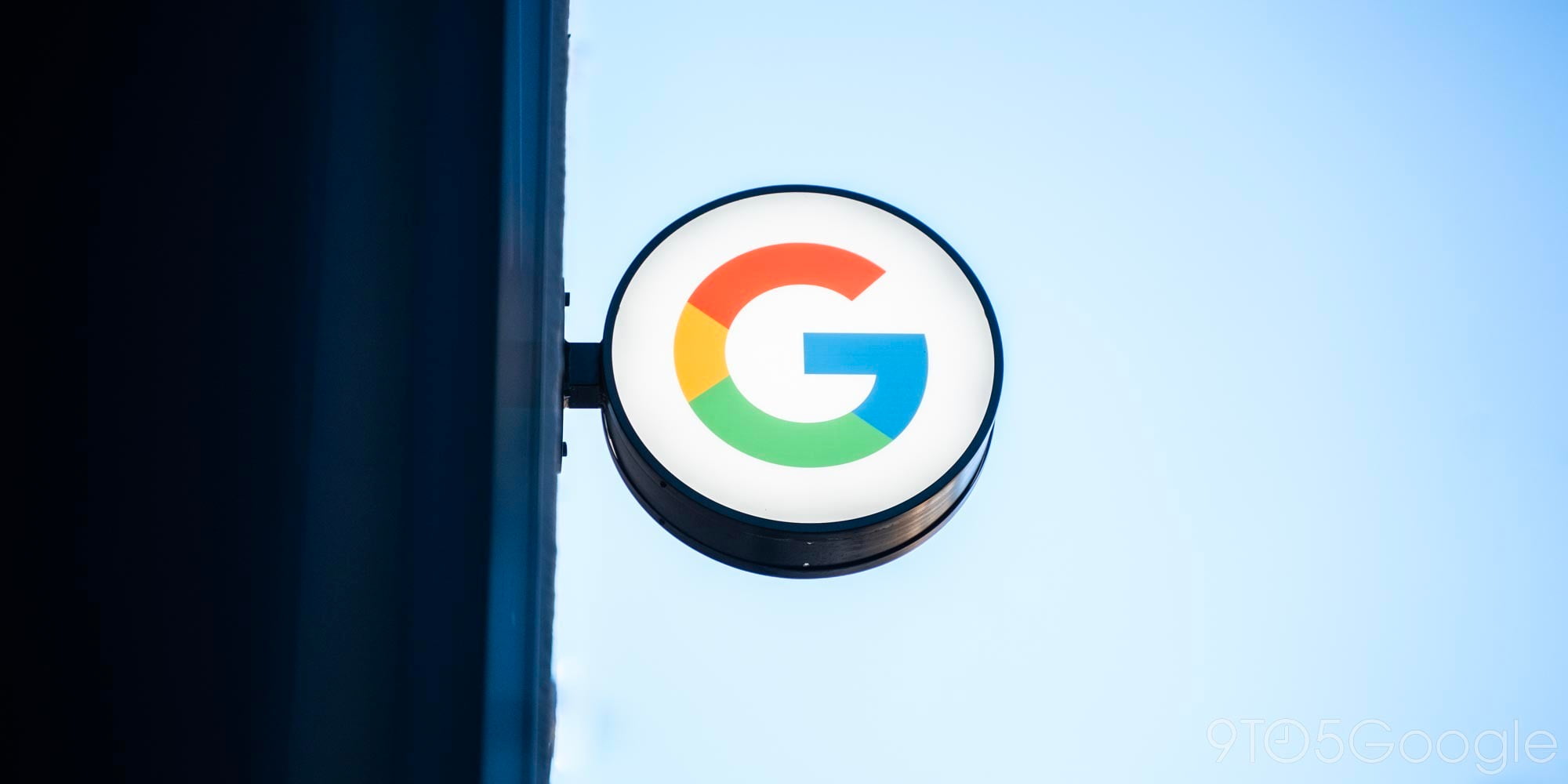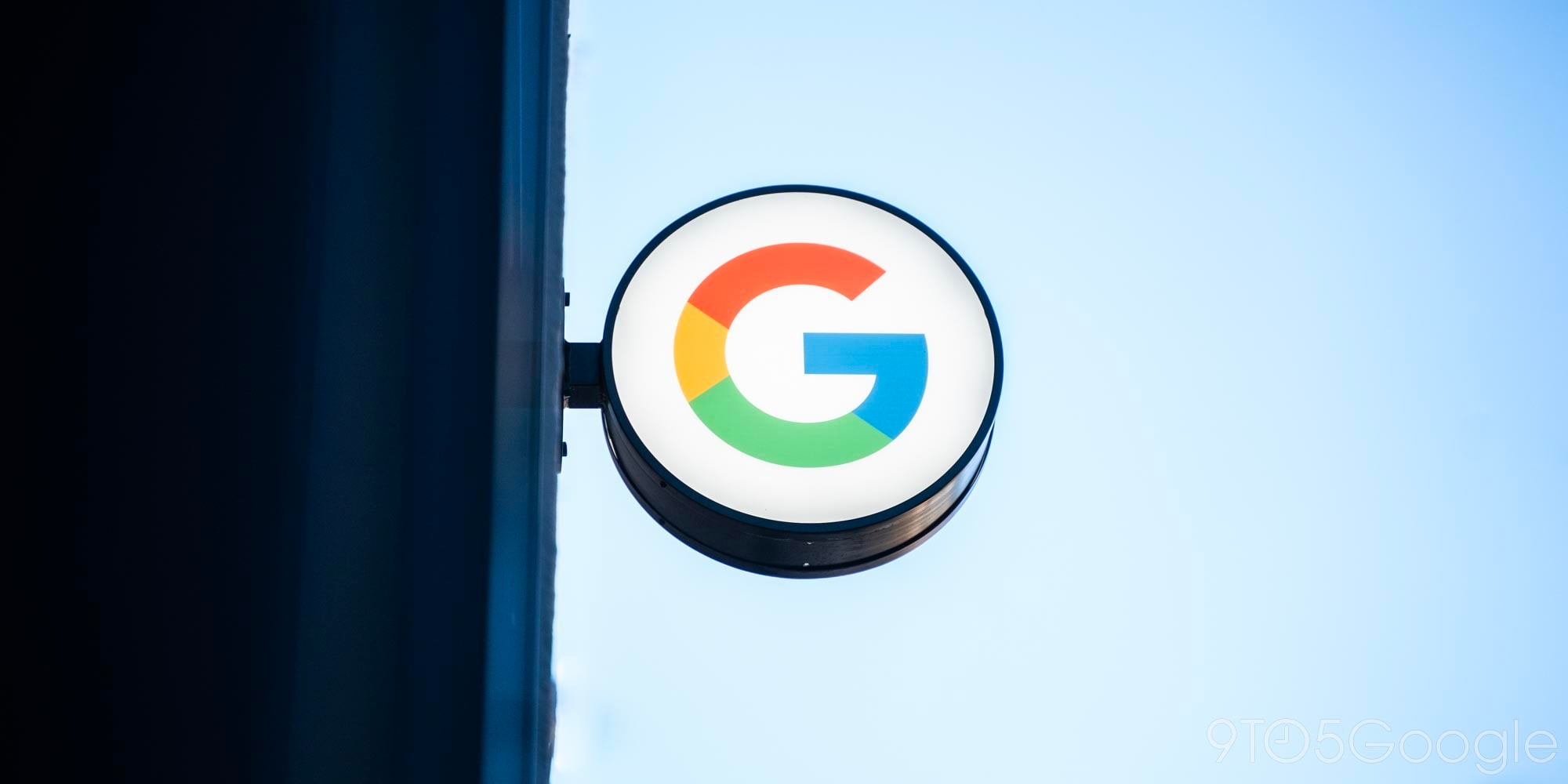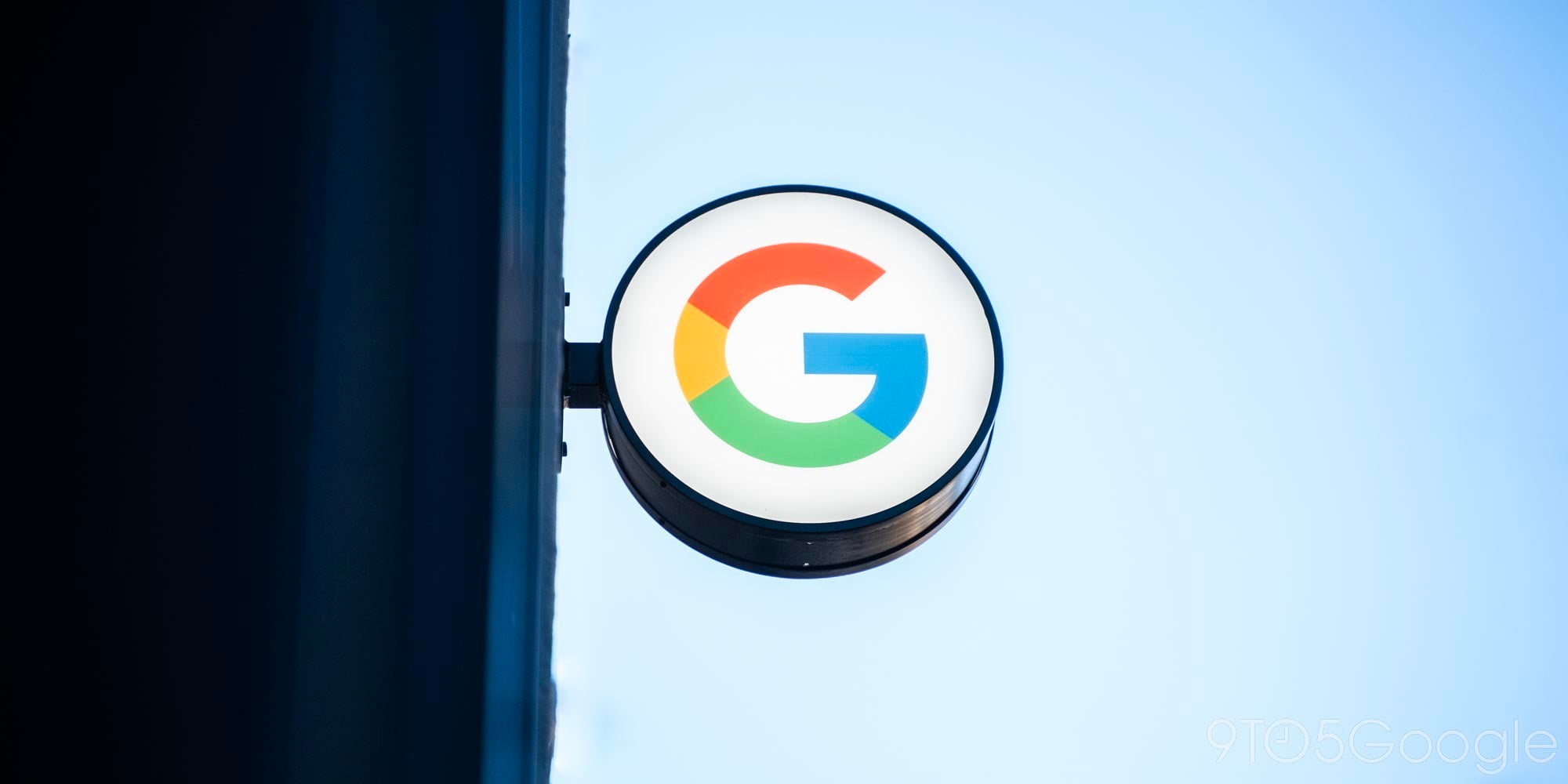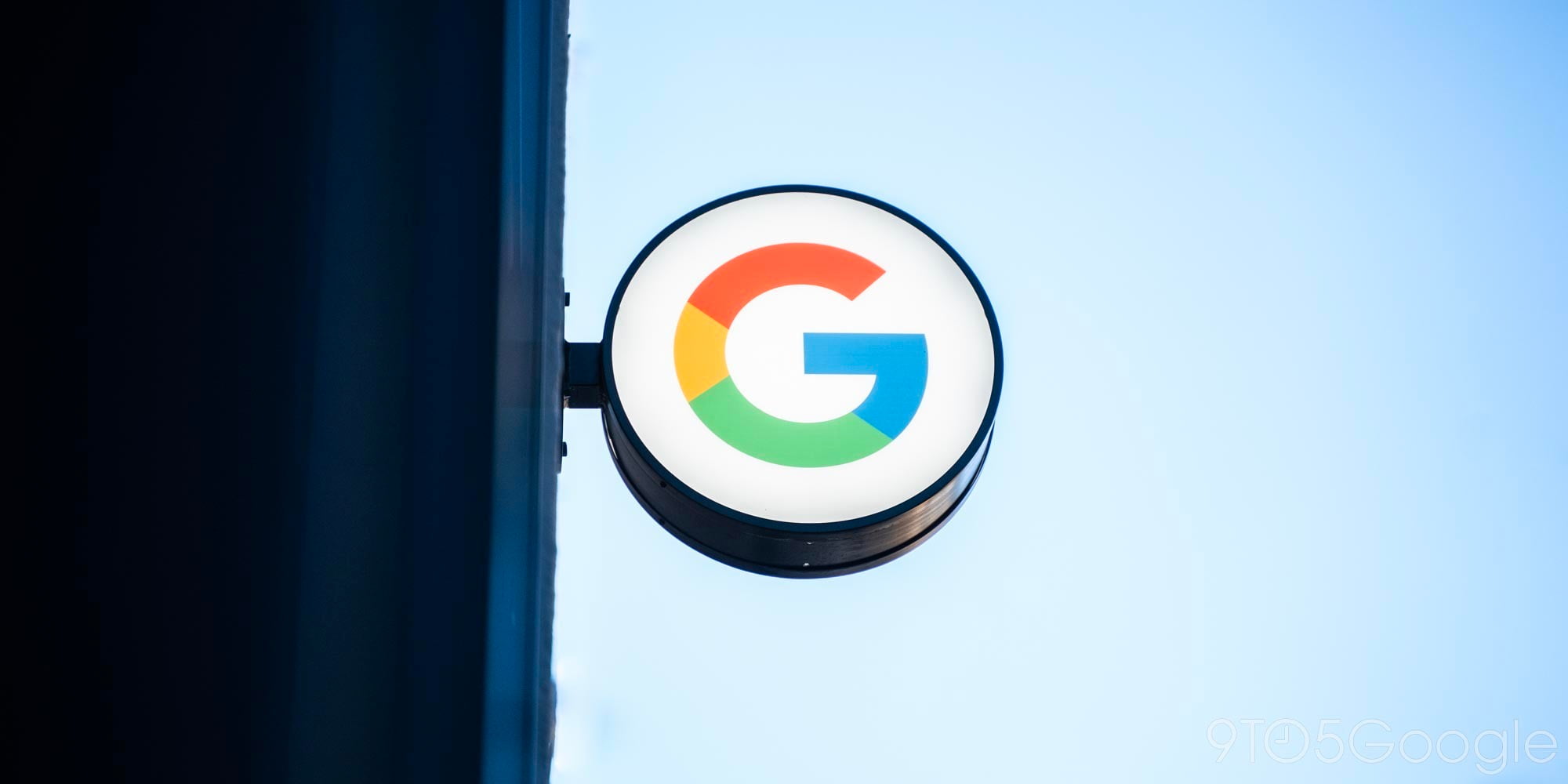
On the Google Cloud Platform blog, Google has announced that it has now publicly released its ‘Andromeda’ virtualization stack to all Platform users. Users on its US central and western European servers should see ‘major’ performance gains automatically. Google is rolling out the same changes to its other zones in the coming months, so all users will benefit from the same efficiency gains.
Andromeda’s goal is to expose the raw performance of the underlying network while simultaneously exposing network function virtualization (NFV). We expose the same in-network processing that enables our internal services to scale while remaining extensible and isolated to end users. This functionality includes distributed denial of service (DDoS) protection, transparent service load balancing, access control lists, and firewalls. We do this all while improving performance, with more enhancements coming.
Hence, Andromeda itself is not a Cloud Platform networking product; rather, it is the basis for delivering Cloud Platform networking services with high performance, availability, isolation, and security. For example, Cloud Platform firewalls, routing, and forwarding rules all leverage the underlying internal Andromeda APIs and infrastructure. Our site presents the details of these and other advanced network capabilities.
Full technical details of the Andromeda changes can be found in the blog post.
00

